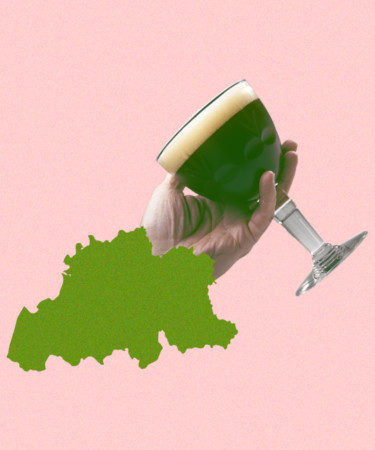In a tale of two extremes reminiscent of David and Goliath, a small monastery known for its commitment to manual labor and rigorous prayer schedule is pitted against a multinational corporation backed by one of the wealthiest families in Belgium.
The monastery, Notre-Dame de Saint-Remy, is at odds with a neighboring quarry owned and operated by the multi-billion dollar firm Lhoist over a shared water supply. That long-standing battle appears to now be coming to a close, after the monastery won the favor of the court in a ruling that declared that Lhoist lacks the right to “remove or divert all or part of the water which supply the abbey,” The Guardian reports.
The Benedictine monastery in southern Belgium is one of only 14 in the world authorized to brew Trappist beer. The monks utilize spring water that is hand-drawn from a well in the monastery to brew their unique beer known for sweet caramel notes and grainy flavors.
Lhoist, a large-scale mineral and lime producer that’s operated since 1889, has intended to expand its site by pumping water and redirecting flows to extend the life of the quarry. Representatives for the monastery are concerned about the quantity and quality of the spring water as a result of the operation.
For decades, the two have battled it out in court, but the recent findings that Lhoist does not have the authority to damage or redirect water may bring relief to the monastery. The abbey relies on the income it derives from selling beer to sustain its religious mission, with historical references dating to the 16th century. Trappist monks have been brewing in the current location since 1899.
While Benedictine monks do not take vows of silence, unnecessary speaking is viewed as a distraction and a temptation to avoid prayerful meditation. In this rare instance, they are raising their voices to protest environmental destruction and protect their precious water supply and way of life.
A spokesperson for Lhoist said the company is considering appealing the ruling and is seeking to continue operating until 2045, a date that has been repeatedly pushed back as it draws near. For now, the brewery is saved, and the monks are prepared for more legal battles, if necessary.
